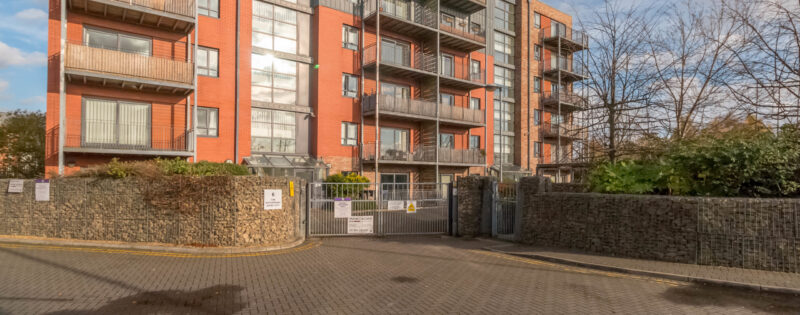- Call Us: +44 161 834 8486
- Email Us: office@julietwist.co.uk

Are you a leasehold property owner? Whether you own a flat with a short-ish lease or are thinking of buying one, understanding lease extensions is key, so you can take full advantage of your statutory rights to protect your investment. Here are 6 things you need to know.
When you buy your home on a leasehold basis, you in fact acquire the right to occupy the property for the duration of the remaining years of the lease from the freeholder – you don’t own the land on which the building stands.
Leases are usually long term, often 99 or even 999 years to start with – but the remaining years you buy can be much, much shorter. The gradual reduction in years affects the value of your home. When the term of the leasehold goes down to zero years, the property reverts to the freeholder.
While the value of long leases stays fairly stable, the value of short leases can drop very quickly – and this is where trouble can start.
If you are trying to sell a flat with a lease of 80 years, you will find it much harder to find a buyer. This is largely because many mortgage companies will not consider lending on a short lease property at all. And those who do won’t be offering attractive rates. Your market is therefore restricted to cash buyers.
At below 80 years left on a lease, the property attracts something called marriage value – a quaint calculation that affects how much it will cost you to extend the lease. As the lease runs down, the marriage value goes up, making a lease extension extremely expensive.
The statutory lease extension was established under the Leasehold Reform, Housing and Urban Development Act 1993. It gives property owners the right to add 90 years to their existing lease. There is a set legal process to be followed, and a mutually acceptable premium to be paid to the freeholder.
You need to have owned the property for at least 2 years in order to qualify. If you’re a property buyer, make sure you check the length of the lease at the point of purchase and find out if the current owners are eligible for a lease extension. If they are, here’s some great advice on how to get around the 2-year wait: request that they start the process and transfer the benefit of the extension to you when the sale is completed, so that you can continue the lease extension process without delay.
While you may have the legal right to extend your lease, the process itself can turn out to be more complex and drawn out than expected. Under the terms of the Act, it is possible to extend the lease by 90 years and reduce ground rent to zero. The freeholder may not be keen on these terms and propose a very high premium fee to mitigate his losses.
This is where instructing a professional surveyor and solicitor are highly recommended. Based on the lease extension survey, your surveyor will be able to suggest a realistic premium and your solicitor will serve a Section 42 Notice on your landlord accordingly. An experienced conveyancing solicitor will be best placed to negotiate on your behalf.
Of course, the statutory route is not the only route towards obtaining an extension of your lease. There is nothing to stop you approaching the freeholder direct and to negotiate a private, legally binding agreement. In fact, this is often the proposal set forward by the landlord, who may well be motivated to offer a cheaper premium compared to a statutory lease extension.
That said, caution is advised. As the leaseholder, you should look carefully at the suggested terms of a negotiated lease extension, since this is not bound by any of the rules and regulations applicable to the Leasehold Reform, Housing and Urban Development Act 1993.
Extending the lease on your flat has the potential to be very expensive – the shorter your lease, the more costs will spiral upwards. It’s well worth bearing this in mind when you assess the cost of the premium payable.
Extending a lease that currently stands at over 90 years may cost you, say, £3k. However, left until less than 80 years are left will then cost you nearly £10k, and 70 years could see you face in excess of £20k for a lease extension. There really is no benefit in not taking advantage sooner rather than later. You have been warned.
Posted by Simon on May 26th, 2010
Posted by Simon on November 8th, 2012